The fashion industry is responsible for 8-10% of global carbon emissions- this is more than the combined emissions from aviation and shipping combined. It is high time that the industry takes serious steps to reduce its carbon footprint. Stakeholders are already thinking in this direction which ranges from using natural materials to embracing sustainable processes and manufacturing.
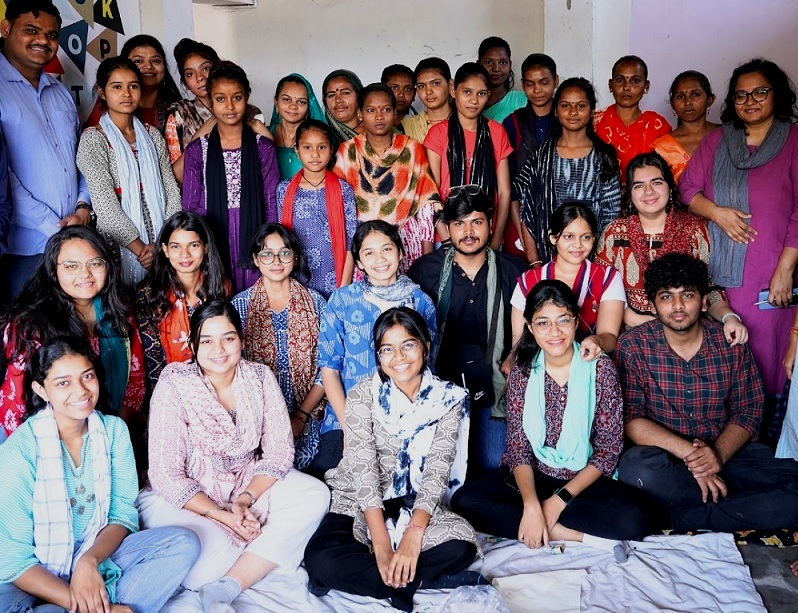 The Sustainable Fashion and Textile Design (SFTD) program at Anant National University is preparing its students to become sustainability warriors and create futuristic solutions. The SFTD major is a first-of-its-kind undergraduate programme that draws from the fields of fashion, textile, technology and sustainability to impart a unique and comprehensive understanding of conscious fashion and textile design. It explores processes, materials, forms, silhouettes and communications based on environmental, social, cultural and economic imperatives. Through responsible dialogue, innovation, and creation, the programme aims to create ‘solutionaries,’ equipped to tackle the problem of extensive natural resource depletion and landfill overburdening caused by the textiles and fashion sector.
The Sustainable Fashion and Textile Design (SFTD) program at Anant National University is preparing its students to become sustainability warriors and create futuristic solutions. The SFTD major is a first-of-its-kind undergraduate programme that draws from the fields of fashion, textile, technology and sustainability to impart a unique and comprehensive understanding of conscious fashion and textile design. It explores processes, materials, forms, silhouettes and communications based on environmental, social, cultural and economic imperatives. Through responsible dialogue, innovation, and creation, the programme aims to create ‘solutionaries,’ equipped to tackle the problem of extensive natural resource depletion and landfill overburdening caused by the textiles and fashion sector.
Taking a unique approach of ‘Reduction Through Creation’, the SFTD major investigates the gap between ecological consciousness and the life cycle of a textile product. It also teaches the idea of sustainable regeneration in material farming and sourcing, reducing overconsumption and repurposing used products. Conversations about ethical fashion, fair trade, supply chain transparency and cultural appropriation contribute to the creation of future designers. Practical workshops organised under this program foster a hands-on approach and community immersion, encouraging a shift in perspectives on success, production, and design:
Zero-Waste Pattern-Making:
Zero-waste pattern-making ensures that garments are designed to minimise or eliminate fabric waste, using materials as efficiently as possible. This approach helps reduce waste. The workshop, led by Belgium-based sustainable designer Ms Dinie van den Heuvel, a Visiting Faculty at Anant National University, offered valuable insights into eco-friendly design practices. Ms van den Heuvel has honed her skills in zero waste pattern making for her vegan clothing brand, Infantium Victoria. The three-day workshop challenged students with different design tasks, encouraging them to crack the code of zero waste techniques.
Natural Dyeing and Printing Workshop
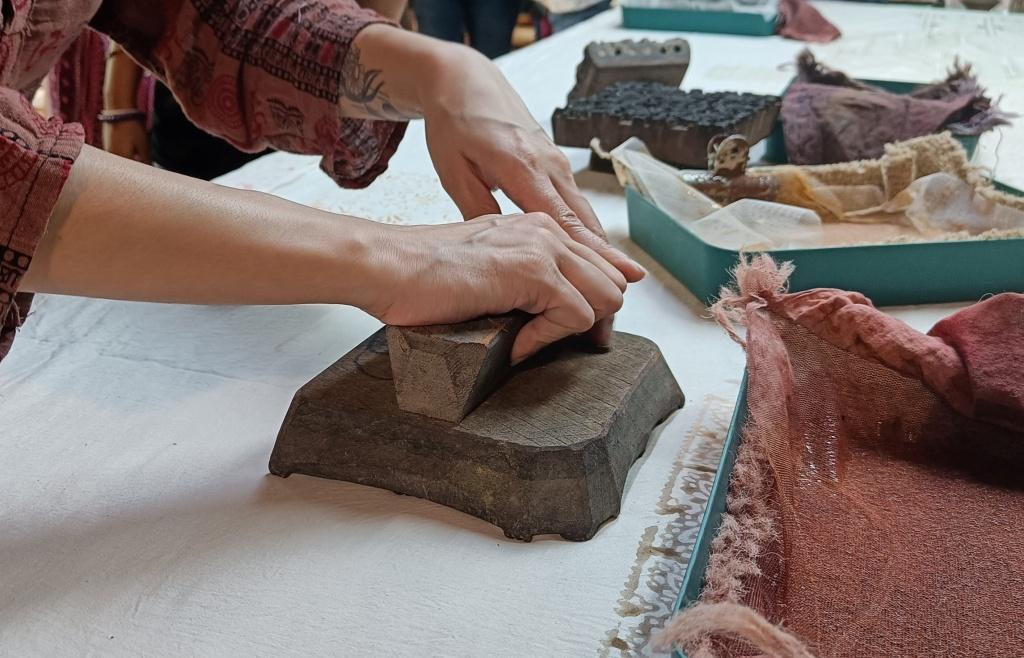 Organised in collaboration with a maker space, the ColorAshram Foundation, the workshop offered a mix of theory and hands-on learning, focusing on sustainability in the dyeing industry. Case studies explored water consumption and pollution, while historical research highlighted the use of natural pigments. The hands-on workshops were particularly beneficial, providing students with practical experience in natural dyeing. They experimented with a variety of natural dyes, learning about non-toxic mordanting and resist-dye techniques such as shibori, clamp and bandhej.
Organised in collaboration with a maker space, the ColorAshram Foundation, the workshop offered a mix of theory and hands-on learning, focusing on sustainability in the dyeing industry. Case studies explored water consumption and pollution, while historical research highlighted the use of natural pigments. The hands-on workshops were particularly beneficial, providing students with practical experience in natural dyeing. They experimented with a variety of natural dyes, learning about non-toxic mordanting and resist-dye techniques such as shibori, clamp and bandhej.
The students were also involved in swatch and recipe documentation. The ColorAshram Foundation team visited Anant National University for the two-day workshop, covering foundational topics. A four-day immersive workshop was organised at the Colorashram Foundation, which included dye extraction from flowers, fruits and roots, non-toxic mordanting with alum, iron and myraballam and advanced screen printing.
Repairing
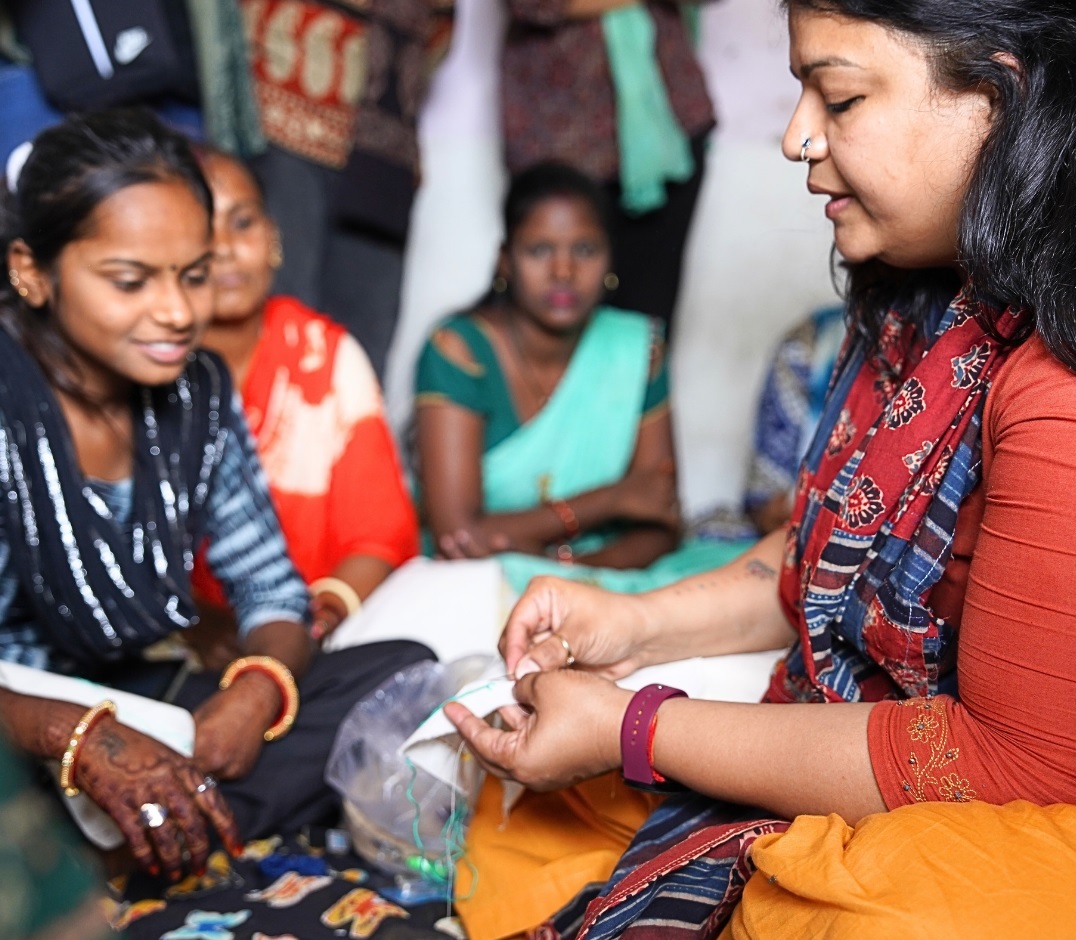 A cluster development initiative in collaboration with India Recycles, the workshop was part of the Dress and Textile mending module, where first-generation artisans were taught to make stuffed toys, jewellery, accessories, pouches, etc., using the No Machine Sew approach. In collaboration with India Recycles, a pilot project was recently launched to train underprivileged artisans from Ahmedabad in textile crafts. This community immersion programme aimed to equip artisans with income-generating skills while addressing environmental concerns by repurposing discarded fast fashion and textile waste as raw materials.
A cluster development initiative in collaboration with India Recycles, the workshop was part of the Dress and Textile mending module, where first-generation artisans were taught to make stuffed toys, jewellery, accessories, pouches, etc., using the No Machine Sew approach. In collaboration with India Recycles, a pilot project was recently launched to train underprivileged artisans from Ahmedabad in textile crafts. This community immersion programme aimed to equip artisans with income-generating skills while addressing environmental concerns by repurposing discarded fast fashion and textile waste as raw materials.
The project saw an enthusiastic response, with around 15 women stepping forward to participate. Anant faculty taught the artisans to create a range of products, including small stuffed toys, bags and textile jewellery, focusing on sewing techniques and final product development.
Cradle to Cradle (C2C)
Another workshop, led by Ms Dinie van den Heuvel, immersed students in sustainable design principles. It began with an introduction to C2C concepts, focusing on biological and technical cycles. Participants formed teams to identify market gaps and brainstorm product ideas, prioritising the use of sustainable materials. In a rapid prototyping session, teams created models while considering a product’s entire lifecycle, ensuring recyclability or biodegradability. After refining their designs, teams developed marketing strategies to communicate the product’s sustainable lifecycle.
The workshop concluded with presentations, where students showcased their final designs and received feedback on their application of C2C principles. This interactive, hands-on workshop equipped students with practical insights into designing products with minimal environmental impact, challenging them to think critically about sustainability in design.
Upcycling
The workshop on upcycling, conducted by UK-based textile artist Tanvi Kant, provided an excellent learning opportunity for students to explore their creativity by crafting unique jewellery pieces from discarded materials. Ms Kant, known for her expertise in sustainable textile art, introduced students to innovative techniques for transforming textile waste into wearable art. She demonstrated methods such as braiding, knotting and weaving to create intricate textile jewellery from discarded fabrics, emphasising sustainability and craftsmanship. During hands-on sessions, students were encouraged to experiment with these techniques, resulting in a range of beautiful and functional accessories. They crafted neckpieces, hand bracelets and hair accessories, all from repurposed textile waste.
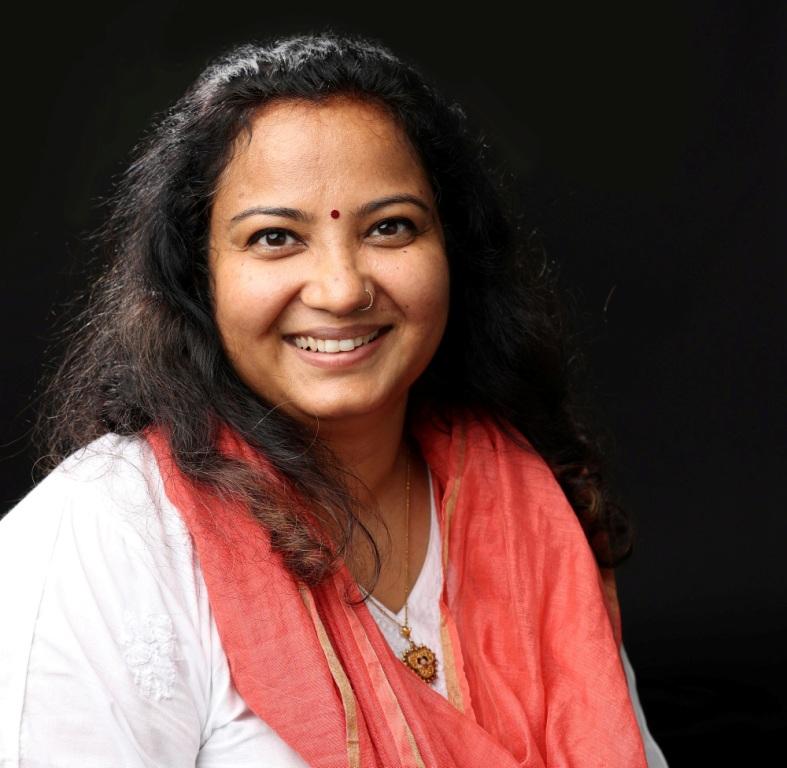 Talking about these workshops, Prof Risha Roy, Associate Professor and Lead of Sustainable Fashion and Textile Design at Anant National University, shares, “We offer a wide range of workshops, bringing in global experts to teach innovative, eco-friendly practices. Students gained hands-on experience from Ms Dinie van den Heuvel, Tanvi Kant and ColorAshram Foundation. Collaborations like the India Recycles project allowed students to contribute to community development by teaching artisans to repurpose textile waste. Workshops on Cradle to Cradle (C2C) design further immersed them in circular economy principles. Through these diverse workshops, Anant prepares future designers with the skills and insights to lead sustainability efforts in the fashion and textile industry.”
Talking about these workshops, Prof Risha Roy, Associate Professor and Lead of Sustainable Fashion and Textile Design at Anant National University, shares, “We offer a wide range of workshops, bringing in global experts to teach innovative, eco-friendly practices. Students gained hands-on experience from Ms Dinie van den Heuvel, Tanvi Kant and ColorAshram Foundation. Collaborations like the India Recycles project allowed students to contribute to community development by teaching artisans to repurpose textile waste. Workshops on Cradle to Cradle (C2C) design further immersed them in circular economy principles. Through these diverse workshops, Anant prepares future designers with the skills and insights to lead sustainability efforts in the fashion and textile industry.”




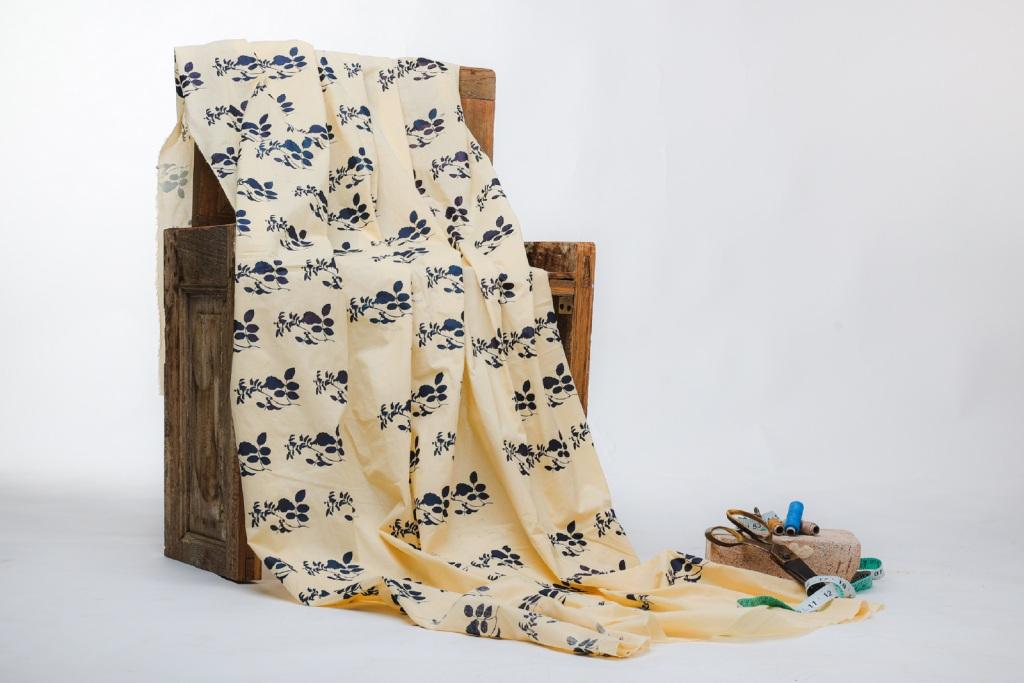
 The Sustainable Fashion and Textile Design (SFTD) program at Anant National University is preparing its students to become sustainability warriors and create futuristic solutions. The SFTD major is a first-of-its-kind undergraduate programme that draws from the fields of fashion, textile, technology and sustainability to impart a unique and comprehensive understanding of conscious fashion and textile design. It explores processes, materials, forms, silhouettes and communications based on environmental, social, cultural and economic imperatives. Through responsible dialogue, innovation, and creation, the programme aims to create ‘solutionaries,’ equipped to tackle the problem of extensive natural resource depletion and landfill overburdening caused by the textiles and fashion sector.
The Sustainable Fashion and Textile Design (SFTD) program at Anant National University is preparing its students to become sustainability warriors and create futuristic solutions. The SFTD major is a first-of-its-kind undergraduate programme that draws from the fields of fashion, textile, technology and sustainability to impart a unique and comprehensive understanding of conscious fashion and textile design. It explores processes, materials, forms, silhouettes and communications based on environmental, social, cultural and economic imperatives. Through responsible dialogue, innovation, and creation, the programme aims to create ‘solutionaries,’ equipped to tackle the problem of extensive natural resource depletion and landfill overburdening caused by the textiles and fashion sector. Organised in collaboration with a maker space, the ColorAshram Foundation, the workshop offered a mix of theory and hands-on learning, focusing on sustainability in the dyeing industry. Case studies explored water consumption and pollution, while historical research highlighted the use of natural pigments. The hands-on workshops were particularly beneficial, providing students with practical experience in natural dyeing. They experimented with a variety of natural dyes, learning about non-toxic mordanting and resist-dye techniques such as shibori, clamp and bandhej.
Organised in collaboration with a maker space, the ColorAshram Foundation, the workshop offered a mix of theory and hands-on learning, focusing on sustainability in the dyeing industry. Case studies explored water consumption and pollution, while historical research highlighted the use of natural pigments. The hands-on workshops were particularly beneficial, providing students with practical experience in natural dyeing. They experimented with a variety of natural dyes, learning about non-toxic mordanting and resist-dye techniques such as shibori, clamp and bandhej. A cluster development initiative in collaboration with India Recycles, the workshop was part of the Dress and Textile mending module, where first-generation artisans were taught to make stuffed toys, jewellery, accessories, pouches, etc., using the No Machine Sew approach. In collaboration with India Recycles, a pilot project was recently launched to train underprivileged artisans from Ahmedabad in textile crafts. This community immersion programme aimed to equip artisans with income-generating skills while addressing environmental concerns by repurposing discarded fast fashion and textile waste as raw materials.
A cluster development initiative in collaboration with India Recycles, the workshop was part of the Dress and Textile mending module, where first-generation artisans were taught to make stuffed toys, jewellery, accessories, pouches, etc., using the No Machine Sew approach. In collaboration with India Recycles, a pilot project was recently launched to train underprivileged artisans from Ahmedabad in textile crafts. This community immersion programme aimed to equip artisans with income-generating skills while addressing environmental concerns by repurposing discarded fast fashion and textile waste as raw materials. Talking about these workshops, Prof Risha Roy, Associate Professor and Lead of Sustainable Fashion and Textile Design at Anant National University, shares, “We offer a wide range of workshops, bringing in global experts to teach innovative, eco-friendly practices. Students gained hands-on experience from Ms Dinie van den Heuvel, Tanvi Kant and ColorAshram Foundation. Collaborations like the India Recycles project allowed students to contribute to community development by teaching artisans to repurpose textile waste. Workshops on Cradle to Cradle (C2C) design further immersed them in circular economy principles. Through these diverse workshops, Anant prepares future designers with the skills and insights to lead sustainability efforts in the fashion and textile industry.”
Talking about these workshops, Prof Risha Roy, Associate Professor and Lead of Sustainable Fashion and Textile Design at Anant National University, shares, “We offer a wide range of workshops, bringing in global experts to teach innovative, eco-friendly practices. Students gained hands-on experience from Ms Dinie van den Heuvel, Tanvi Kant and ColorAshram Foundation. Collaborations like the India Recycles project allowed students to contribute to community development by teaching artisans to repurpose textile waste. Workshops on Cradle to Cradle (C2C) design further immersed them in circular economy principles. Through these diverse workshops, Anant prepares future designers with the skills and insights to lead sustainability efforts in the fashion and textile industry.”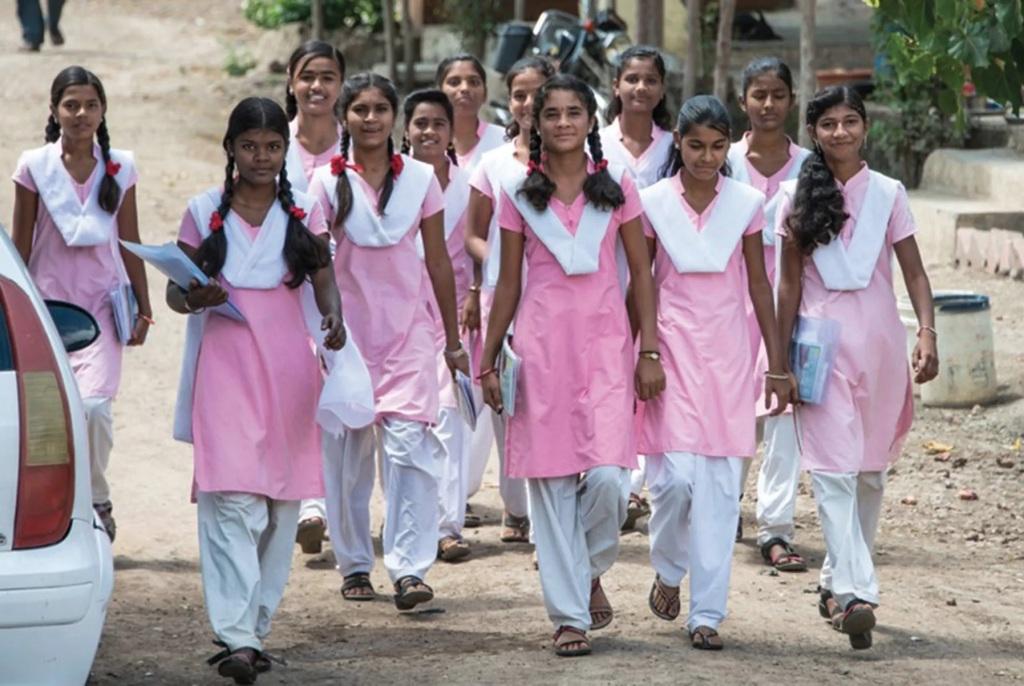
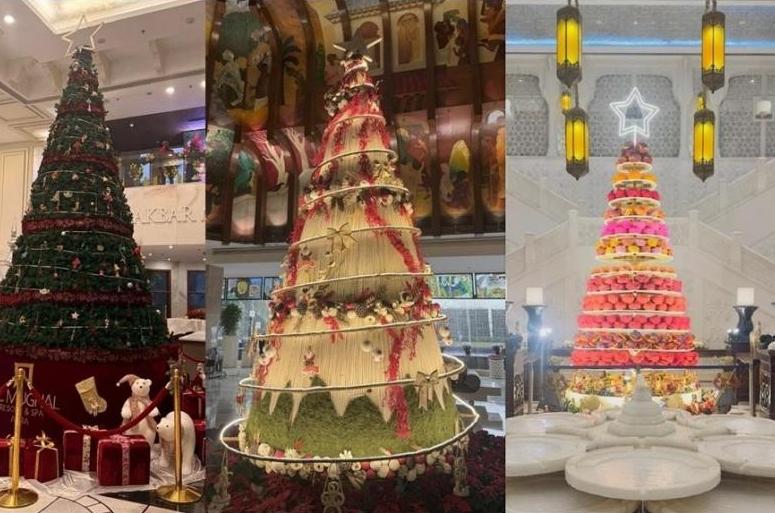

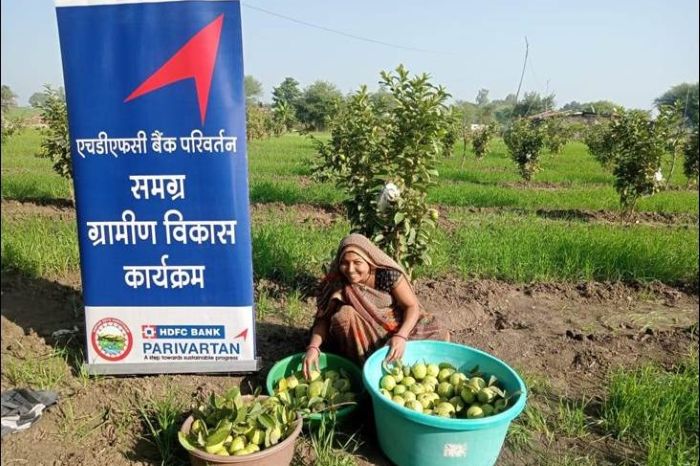
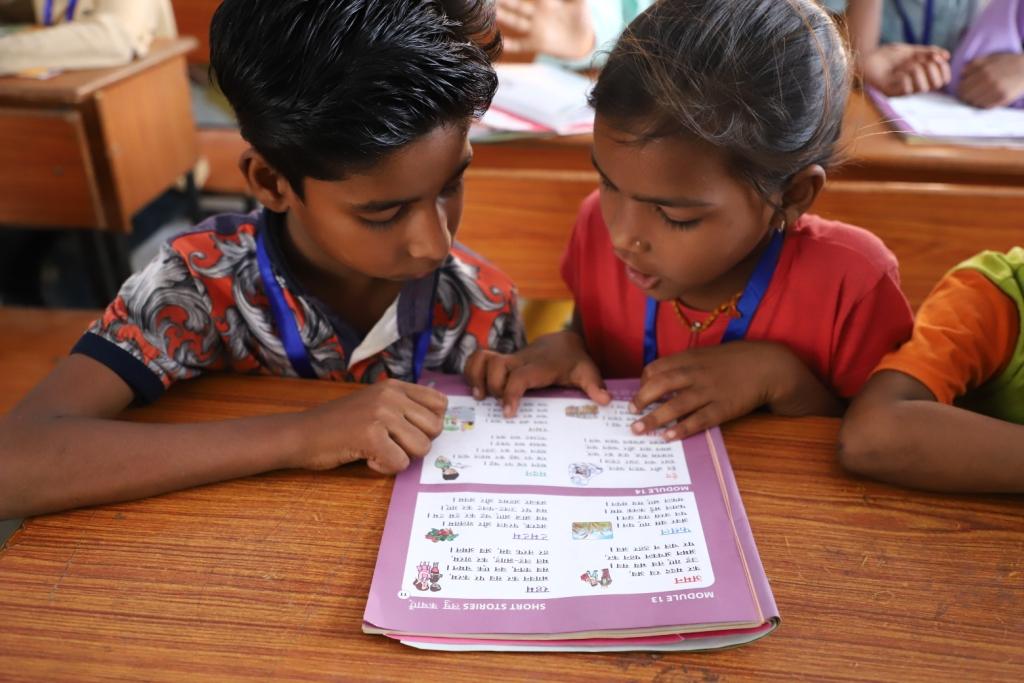
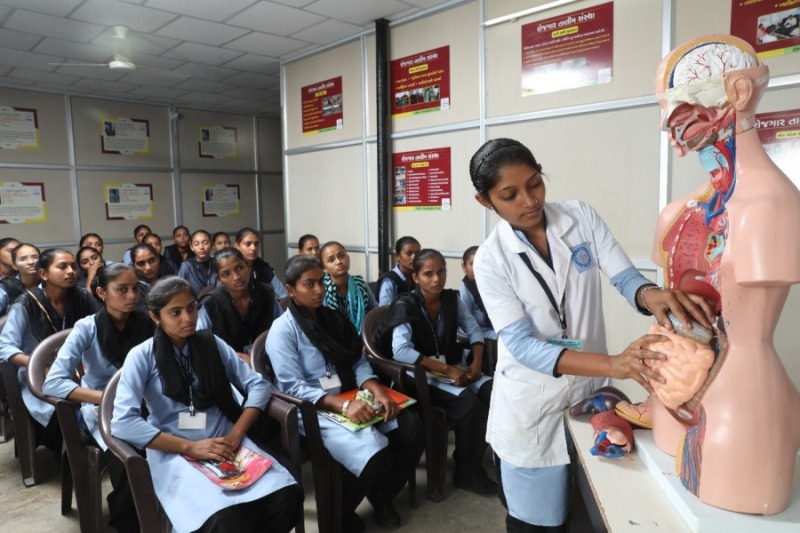








.jpg)



